Property taxes are a major factor in the true cost of homeownership in the DC metro area. For buyers in Northern Virginia and Washington DC, understanding how these taxes work, and how they differ by jurisdiction, can save you thousands of dollars each year. Whether you’re a first-time buyer or relocating within the region, this guide will help you navigate the property tax landscape and make informed decisions for your next move.
In the heart of Alexandria, VA, Division 1 Movers are established experts in local and long distance moving. If you have any questions after reading this guide, please reach out.
How Property Taxes Vary Across the DC Metro Area
.webp)
Why Property Taxes Matter for Homebuyers
Property taxes in the DC region can range from $3,200 to over $12,000 per year on a $500,000 home, depending on where you buy. These differences are driven by local tax rates, home values, and available deductions. For example, Washington DC offers the lowest tax rate at $0.85 per $100 of assessed value, plus an $85,000 homestead deduction. In contrast, Falls Church City has the highest effective rate at $1.21 per $100, reflecting its affluent population and top-tier schools.
Choosing your location wisely can mean a difference of nearly $2,900 per year, or $87,000 over a 30-year mortgage, on a $600,000 home. That’s why it’s essential to compare not just home prices, but also the ongoing tax burden in each jurisdiction.
2025 Property Tax Rates by Jurisdiction
Washington DC: The Most Tax-Friendly Option
Washington DC stands out for its low nominal property tax rate and generous homestead deduction. The $85,000 deduction for owner-occupied homes, combined with a 10% cap on annual assessment increases (2% for seniors), makes DC especially attractive for many buyers.
- Tax Rate: $0.85 per $100 of assessed value
- Homestead Deduction: $85,000 reduction in assessed value
- Assessment Cap: 10% (2% for seniors)
- Tax Bills Due: Semi-annually (March 31 and September 15)
For a $500,000 home, the homestead deduction reduces the taxable value to $415,000, resulting in an annual tax bill of $3,528, much lower than Fairfax County’s $5,700 for the same value.
Loudoun County: Northern Virginia’s Lowest Rate
Loudoun County has aggressively reduced its property tax rate, thanks in part to booming data center revenues. The 2025 rate is $0.805 per $100 of assessed value, down from $1.145 in 2016. This makes Loudoun one of the most affordable options for families seeking good schools and amenities.
- Tax Rate: $0.805 per $100 (2025)
- Median Home Value: $700,000
- Average Tax Bill: $6,280
- Tax Bills Due: June 5 and December 5
On a $600,000 home, annual taxes are $4,830, making Loudoun a top choice for value-conscious buyers.
Prince William County: Budget-Friendly for First-Time Buyers
Prince William County offers a combined effective rate below $1.00 per $100, with lower home values than many neighboring areas. This makes it especially attractive for first-time buyers and families seeking affordability.
- Base Real Estate Tax: $0.906 per $100
- Fire & Rescue Tax: $0.072 per $100
- Combined Rate: $0.992 per $100
- Median Home Value: $456,259
- Average Tax Bill: $5,162
Communities like Gainesville, Haymarket, and Manassas offer lower home prices and tax rates, making Prince William a strong contender for those on a budget.
Arlington County: Stability and Services
Arlington County’s tax rate has remained flat for five years, reflecting fiscal stability and a commitment to balancing budget needs with taxpayer relief. The county’s schools and amenities are among the best in the region.
- Tax Rate: $1.033 per $100
- Median Home Value: $854,900
- Average Tax Bill (on $750,000 home): $7,748
- Tax Bills Due: June and October
Arlington is a moderate option, offering a blend of urban convenience and suburban comfort.
Fairfax County: The Regional Standard
As the most populous jurisdiction, Fairfax County’s tax policy impacts the largest number of homeowners. The 2025 base rate is $1.1225 per $100, with additional district taxes in some areas (like Reston and Tysons).
- Tax Rate: $1.1225 per $100
- Median Home Value: $666,900
- Median Annual Tax Payment: $6,843
- Tax Bills Due: July 28 and December 5
Special districts, such as Reston’s Small District 5, add small surcharges for enhanced community services.
Alexandria, Falls Church, and Other Cities: Urban Premiums
Alexandria and Falls Church City have higher tax rates, reflecting their urban amenities and exceptional public services. Falls Church, in particular, has the highest rate in the region, but also boasts some of the best schools in the nation.
- Alexandria Tax Rate: $1.135 per $100
- Falls Church Tax Rate: $1.21 per $100
- Median Home Value (Alexandria): $600,000
- Median Home Value (Falls Church): $1,020,000+
While a $1 million home in Falls Church pays $12,100 annually in taxes, residents benefit from top-tier schools and services.
Special Cases: Dual Taxation in Vienna and Herndon
Residents of Vienna and Herndon pay both town and county property taxes, resulting in higher combined rates. However, these towns provide enhanced local services such as trash pickup, parks, and police.
- Vienna Combined Rate: $1.3175 per $100
- Herndon Combined Rate: $1.3925 per $100
- Median Home Value (Vienna): $855,860
- Median Home Value (Herndon): $560,939
A $600,000 home in Vienna pays about $7,905 annually, while the same value in Herndon pays $8,355.
Comparing Tax Burdens: Where Does Your Dollar Go Furthest?
Annual Property Taxes by Home Value
To help you compare, here’s how annual property taxes stack up across major jurisdictions for common home values (2025 rates):
The spread between the lowest and highest tax bills can exceed $4,000 annually on a million-dollar home, adding up to $120,000 over a 30-year period.
Effective Tax Rates: The Real Story
Nominal rates only tell part of the story. Effective tax rates (actual taxes paid as a percentage of home value) provide a clearer picture:
Most Northern Virginia jurisdictions exceed the national average of 0.90%, reflecting higher service levels and excellent schools.
What Do Your Property Taxes Fund?
Education: The Largest Expense
Nearly half or more of your property tax bill goes to public schools. This local funding model creates significant disparities in per-pupil spending and drives much of the variation in tax rates across the region.
- Fairfax County: Over 50% to schools
- Arlington County: 47% to schools
- Prince William County: 57.23% to schools
School funding needs are the primary driver of property tax increases, especially in high-growth or high-demand areas.
Other Services: Public Safety, Infrastructure, and More
After education, property taxes fund police, fire and rescue, emergency medical services, transportation, parks, libraries, and community programs. Some areas also levy special taxes for targeted services, such as Reston’s community centers or transportation improvements in Tysons.
How Property Taxes Are Calculated and Paid
Assessment Cycles and Trends
Each jurisdiction assesses property values on its own schedule. DC reassesses annually, while Virginia counties do so every 2-4 years. Rising home values can increase your tax bill even if the rate stays flat.
- Fairfax County: 6.6% average residential increase in 2025
- Arlington County: 3.7% increase
- Falls Church City: 8.57% residential increase
How to Calculate Your Tax Bill
The basic formula is:
- Assessed Value ÷ 100 = Base Amount
- Base Amount × Tax Rate = Annual Tax
For example, a $600,000 Fairfax County home: $600,000 ÷ 100 = $6,000; $6,000 × $1.14 = $6,840 annual tax.
In DC, subtract the $85,000 homestead deduction before calculating the tax.
Payment Schedules and Penalties
Most jurisdictions bill semi-annually. It’s crucial to pay on time, even if you’re appealing your assessment, as late payments incur a 10% penalty plus interest.
- DC: March 31 and September 15
- Fairfax: July 28 and December 5
- Arlington: June and October
- Loudoun: June 5 and December 5
Tax Relief and Exemption Programs
Washington DC Relief Programs
DC offers several programs to reduce the property tax burden for eligible homeowners:
- Homestead Deduction: $85,000 reduction in assessed value for owner-occupants
- Senior/Disabled Relief: 50% reduction in property tax bill for those 65+ or permanently disabled, with income limits
- Assessment Cap Credit: Limits annual assessment increases to 10% (2% for seniors/disabled)
- First-Time Homebuyer Credit: Up to $5,000 income tax credit
For example, a 67-year-old DC homeowner with a $500,000 home and $100,000 income could pay just $1,764 per year after all reliefs.
Northern Virginia Relief Programs
Most Northern Virginia jurisdictions offer relief for seniors, people with disabilities, and veterans. Eligibility is based on age, disability status, income, and assets. Full or partial exemptions are possible for qualifying households.
- Senior/Disabled Relief: 50-100% exemption based on income and assets
- Disabled Veterans: 100% exemption for those with 100% service-connected disability
- Surviving Spouses: Exemptions for spouses of service members killed in action
First-time buyers can also benefit from programs like the Mortgage Credit Certificate (MCC), down payment assistance, and proposed state tax credits.
Appealing Your Property Assessment
How to Challenge Your Assessment
If you believe your property assessment is too high, you have the right to appeal. Valid grounds include overvaluation, lack of uniformity with similar properties, or errors in property description. The process typically involves three levels:
- Administrative appeal to the assessor
- Board of Equalization hearing
- Circuit Court appeal (last resort)
Be sure to file early, provide detailed comparable sales data, and document any property defects. Missing deadlines or failing to pay taxes during the appeal can result in penalties.
Key Factors to Consider When Choosing Where to Buy
Total Cost of Ownership: Beyond the Tax Rate
Property taxes are just one part of the equation. When evaluating where to buy, consider:
- Home prices (DC median: $693,782; Northern Virginia median: $664,000)
- State and local income taxes (DC: up to 10.75%; Virginia: flat 5.75%)
- Personal property (vehicle) taxes (Virginia: $3.70-$5.00 per $100; DC/MD: none)
- Sales tax (6% in DC, MD, and VA)
- Commute costs and time
- School quality and local services
For example, a $400 monthly savings in property taxes could be offset by higher commuting costs if you move farther from the city center.
Tax Stability and Future Projections
Recent trends show increasing rates in Fairfax County and Alexandria, stable rates in Arlington and Prince William, and decreasing rates in Loudoun. School funding pressures and economic uncertainty may drive future increases, while data center growth in Loudoun could enable further cuts.
Lifestyle Preferences: Urban vs. Suburban vs. Exurban
Urban areas (DC, Arlington, Alexandria) offer walkability and transit access, but higher taxes and smaller lots. Suburban areas (Fairfax, Loudoun) provide excellent schools and parks, with moderate-to-high taxes. Exurban areas (Prince William, outer Loudoun) offer lower taxes and larger homes, but longer commutes.
Financial Planning for Property Taxes
Budgeting and Payment Strategies
Most buyers pay property taxes through a monthly escrow with their mortgage lender. If you pay directly, set aside 1/12 of your annual bill each month and mark payment deadlines to avoid penalties. Property taxes are deductible on your federal return (subject to the $10,000 SALT cap), but high-income households may hit this limit quickly.
Long-Term Wealth Building
Property taxes fund the services and schools that help maintain or increase home values. In high-performing districts, these taxes can be seen as an investment in your property’s long-term appreciation and your community’s quality of life.
For example, a $600,000 Fairfax County home with $6,840 annual taxes will pay $205,200 in taxes over 30 years. If the home appreciates 3% annually, it could be worth $1,456,000 in 30 years, demonstrating the long-term value of investing in a strong community.
Smart Steps for Homebuyers in Northern Virginia and DC
Actionable Tips for Your Home Search
To make the most of your home purchase, keep these steps in mind:
- Calculate your total annual housing costs using current tax rates
- Factor in potential appreciation and service quality differences
- Check eligibility for tax relief programs before making offers
- Research neighborhoods within lower-tax jurisdictions
- Consult with tax professionals about your total tax picture
- Remember your right to appeal assessments if needed
- Consider your 5-10 year timeline for stability and equity building
By understanding the property tax landscape, you can align your housing choice with your financial goals, family needs, and lifestyle preferences.
Ready to Make Your Move? Let Division 1 Movers Help
Whether you’re relocating within Northern Virginia or moving to the DC area for the first time, Division 1 Movers is here to make your transition smooth and stress-free. Our team combines local expertise with a commitment to customer service, offering:
- Professional, reliable moving services for local and long-distance moves
- Transparent pricing and flexible scheduling
- Careful handling of your belongings, from packing to delivery
- Personalized support for families, seniors, and first-time buyers
Contact Division 1 Movers today to get a free quote or ask any questions about your upcoming move. We’re proud to serve Alexandria, Arlington, Fairfax, Loudoun, Prince William, and the entire DC metro area, helping you settle into your new home with confidence.
%201.webp)
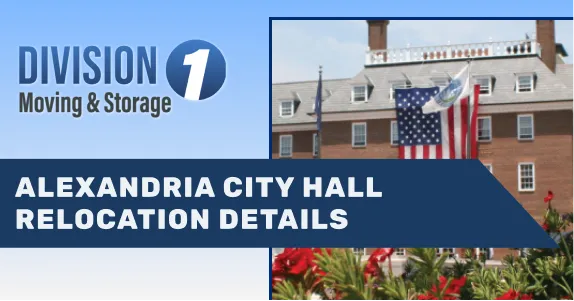

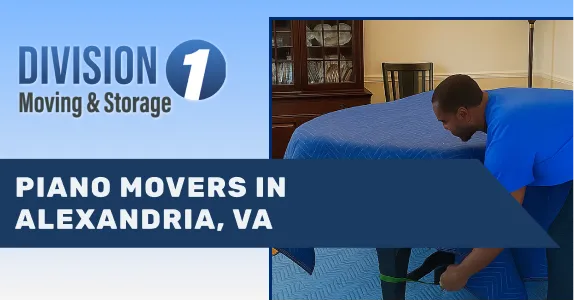
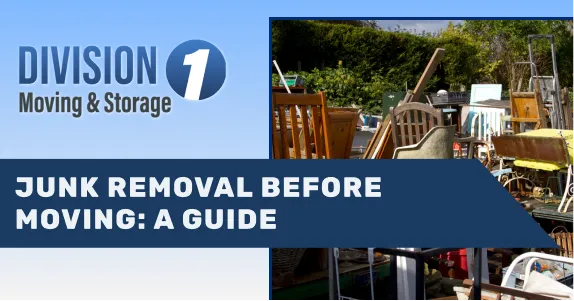
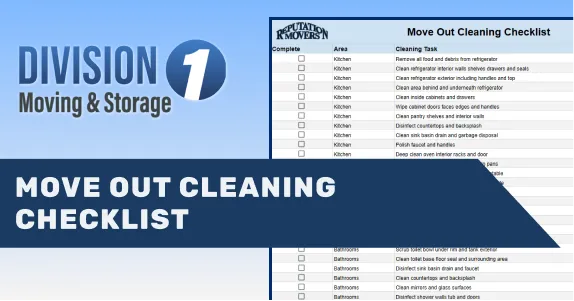
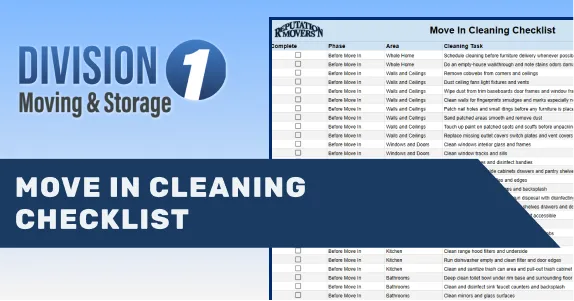
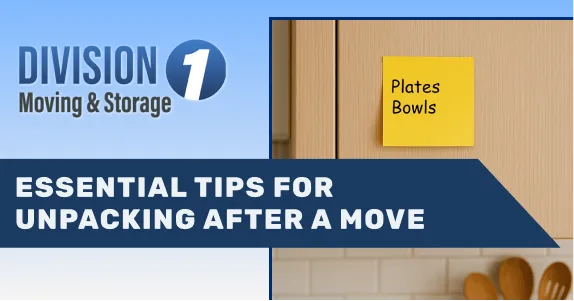


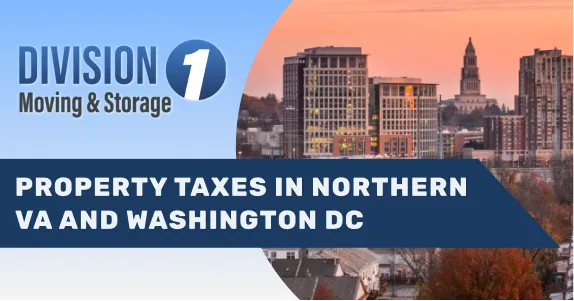
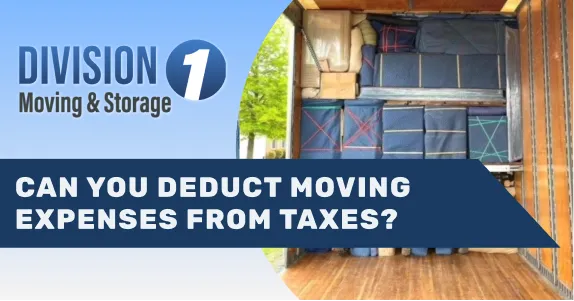
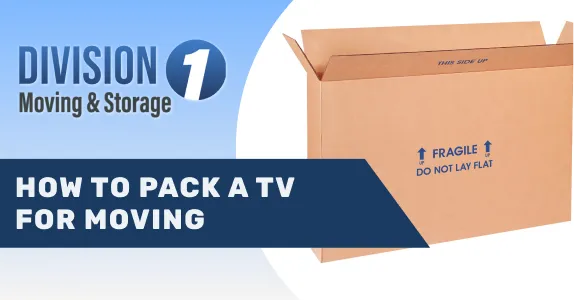
.webp)

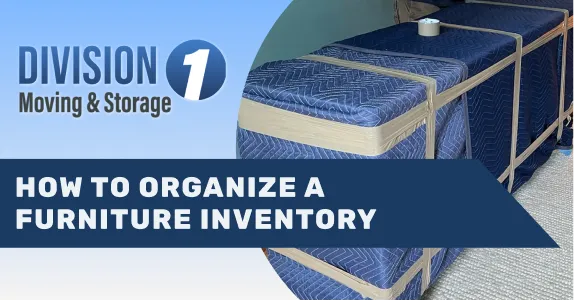
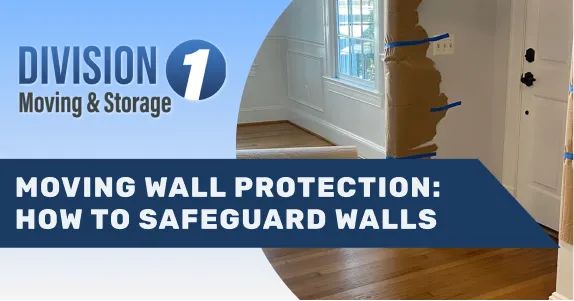
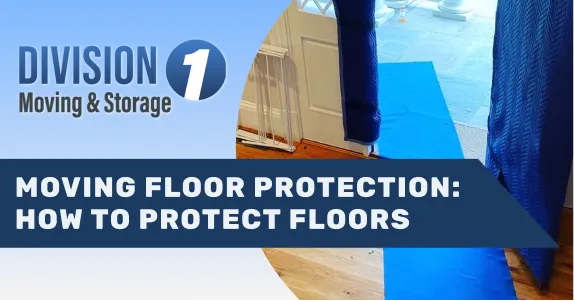
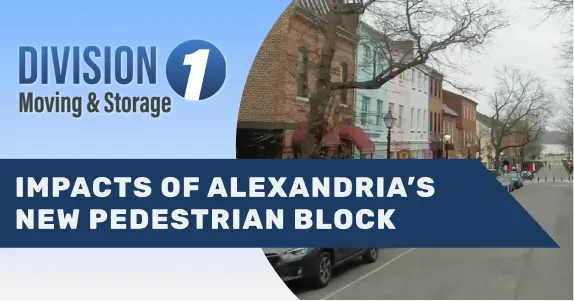


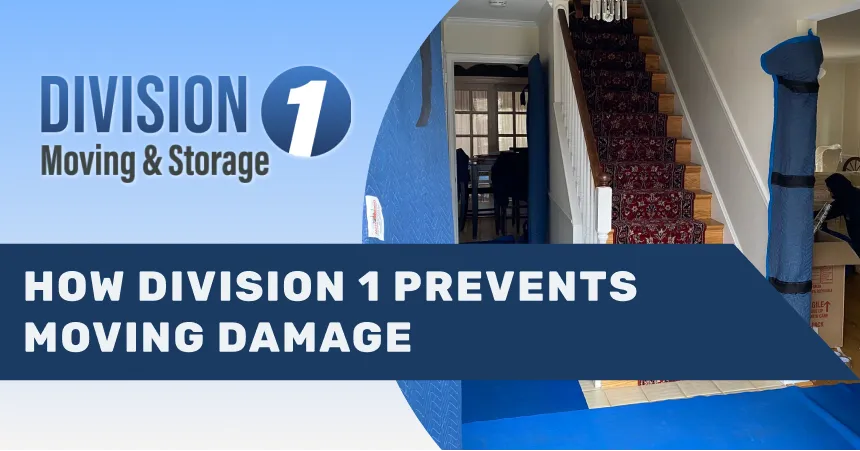


















.webp)



